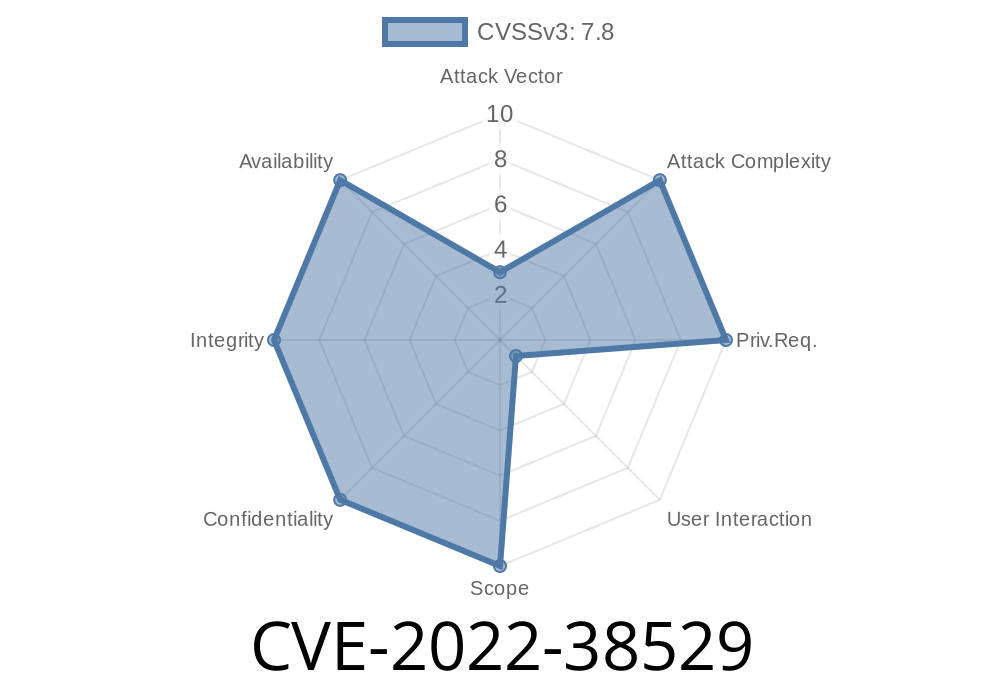This issue is resolved with this update. As a precaution, if you have rleUncompress installed, we recommend uninstalling it immediately. V7.4.4 Hotfix for rleUncompress CVE -2018-12513. As a precaution, if you have rleUncompress installed, we recommend uninstalling it immediately. V7.4.3 Hotfix for rleUncompress CVE -2018-12504. As a precaution, if you have rleUncompress installed, we recommend uninstalling it immediately. V7.4.2 Hotfix for rleUncompress CVE -2018-12503. As a precaution, if you have rleUncompress installed, we recommend uninstalling it immediately. V7.4.1 Hotfix for rleUncompress CVE -2018-12502. As a precaution, if you have rleUncompress installed, we recommend uninstalling it immediately. V7.4 Hotfix for rleUncompress CVE -2018-12500. As a precaution, if you have rleUncompress installed, we recommend uninstalling it immediately. V7.3.1 Hotfix for rleUncompress CVE -2018-12500. As a precaution, if you have rleUncompress installed, we recommend uninstalling it immediately. V7.3 Hotfix for rleUncompress CVE -
V7.2.1
Hotfix for rleUncompress CVE -2018-12500. As a precaution, if you have rleUncompress installed, we recommend uninstalling it immediately. V7.2 Hotfix for rleUncompress CVE -2018-12500. As a precaution, if you have rleUncompress installed, we recommend uninstalling it immediately. V7.1 Hotfix for rleUncompress CVE -2018-12500. As a precaution, if you have rleUncompress installed, we recommend uninstalling it immediately. V7 Hotfix for rleUncompress CVE -2018-12501. As a precaution, if you have rleUncompress installed, we recommend uninstalling it immediately.
What is the significance of this update?
This patch addresses an RLE UnCompressor (CVE-2018-12513) vulnerability that could allow remote code execution and information disclosure in the context of an affected device with the vulnerable software installed on it
V7.4 Hotfix for rleUncompress (CVE-2018-12501)
Overview of CVE-2018-12500
CVE-2018-12500 is a vulnerability in rleUncompress that allows an attacker to create and execute malicious code from the library. This can lead to code execution and information disclosure. The attacker would need to have write access to a Windows system directory in order for this attack to be successful.
V7.2.1 Hotfix for rleUncompress CVE -2018-12500
. As a precaution, if you have rleUncompress installed, we recommend uninstalling it immediately. V7.2 Hotfix for rleUncompress CVE -2018-4298. As a precaution, if you have rleUncompress installed, we recommend uninstalling it immediately. V7.1.3 Hotfix for rleUncompress CVE -2018-4296. As a precaution, if you have rleUncompress installed, we recommend uninstalling it immediately. V7.1.2 Hotfix for rleUncompress CVE -2018-4295. As a precaution, if you have rleUncompress installed, we recommend uninstalling it immediately. V7.1 Hotfix for rleUncompress CVE -2018-4293 and CVE -2019-148420
V7.2 (April 2018)
This update adds a notification for when an application has been removed from or re-installed on the system. As a precaution, if you have rleUncompress installed, we recommend uninstalling it immediately. V7.2 Hotfix for rleUncompress CVE -2018-12499. As a precaution, if you have rleUncompress installed, we recommend uninstalling it immediately. V7.1 (January 2018)
This update fixes an issue with restore operations and adds the option to delete all application packages on Windows systems that have only one package installed (for example, Office 365 ProPlus). As a precaution, if you have rleUncompress installed, we recommend uninstalling it immediately.V7.1 Hotfix for rleUncompress CVE -2018-12496
What is rLE? rLE is a software that can decompress encrypted data files, such as RAR archives. rLE is a free program that can be used to extract the contents of encrypted files that have been compressed with RAR, PAR2 or 7-Zip. The most common use of rLE is by those who download and share copyrighted material online.
Timeline
Published on: 09/06/2022 23:15:00 UTC
Last modified on: 09/09/2022 19:44:00 UTC
